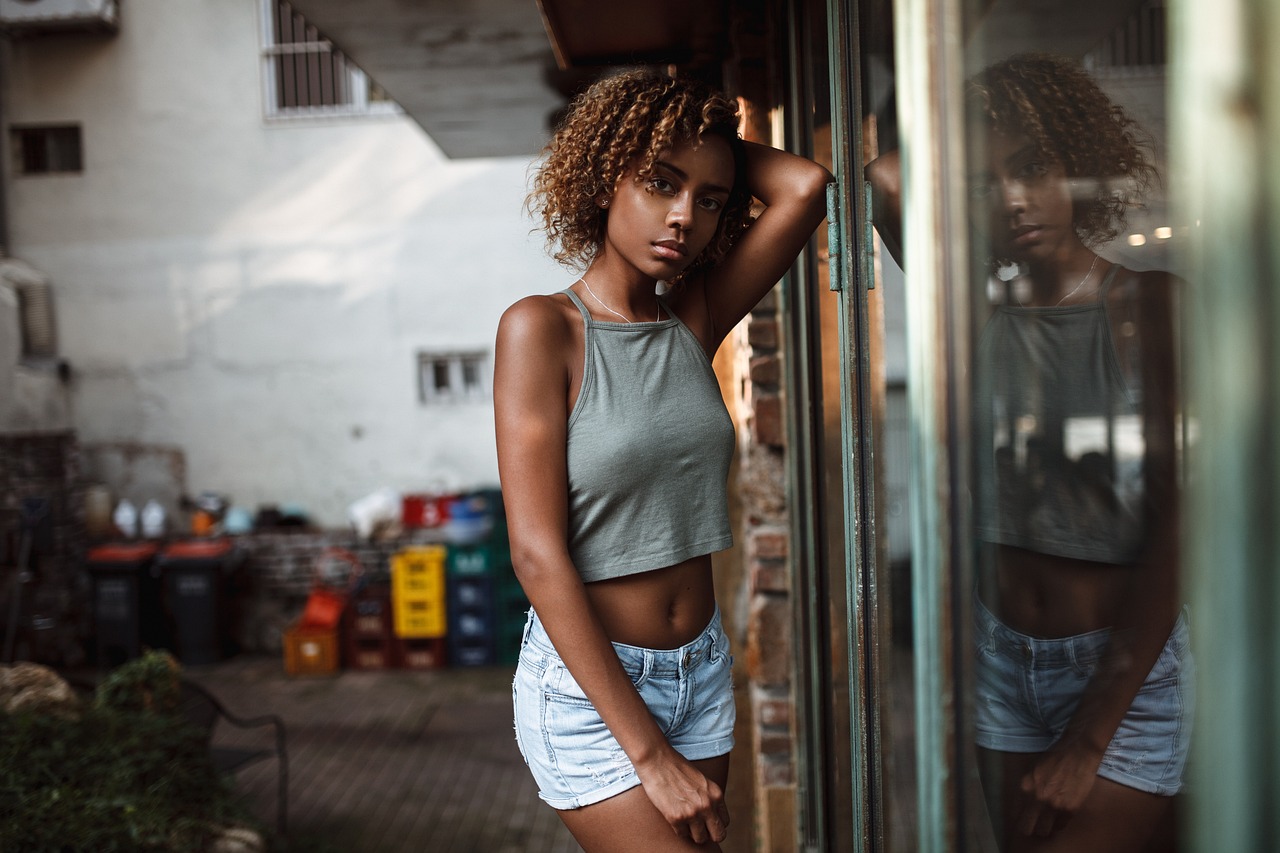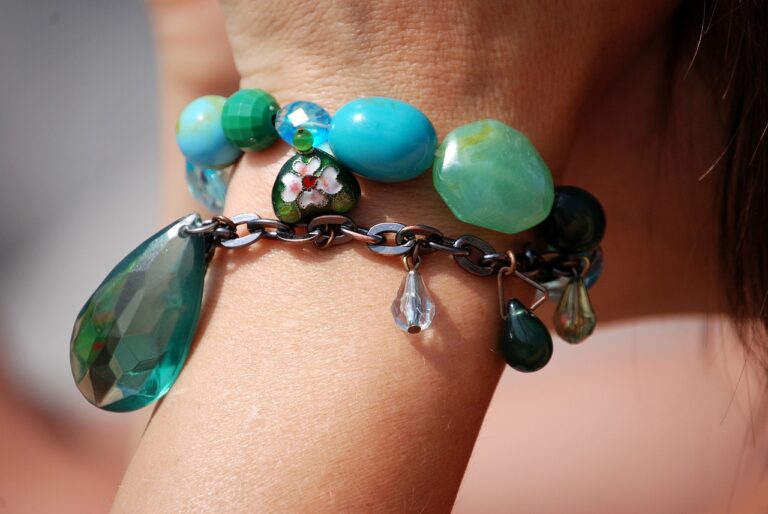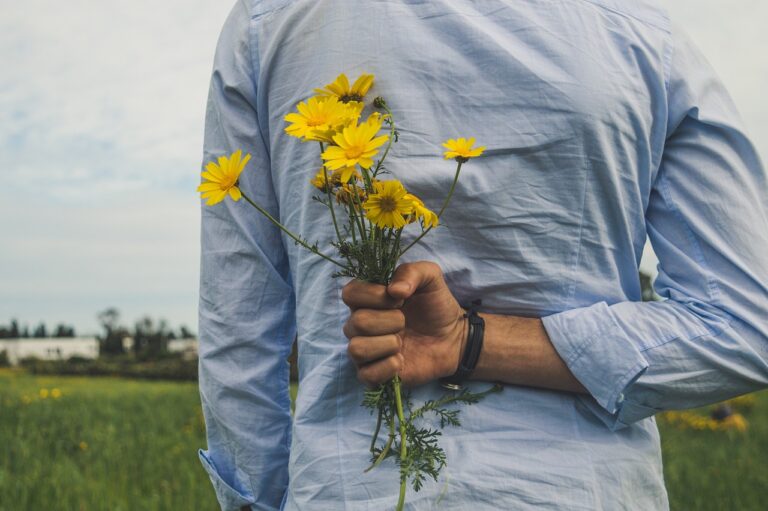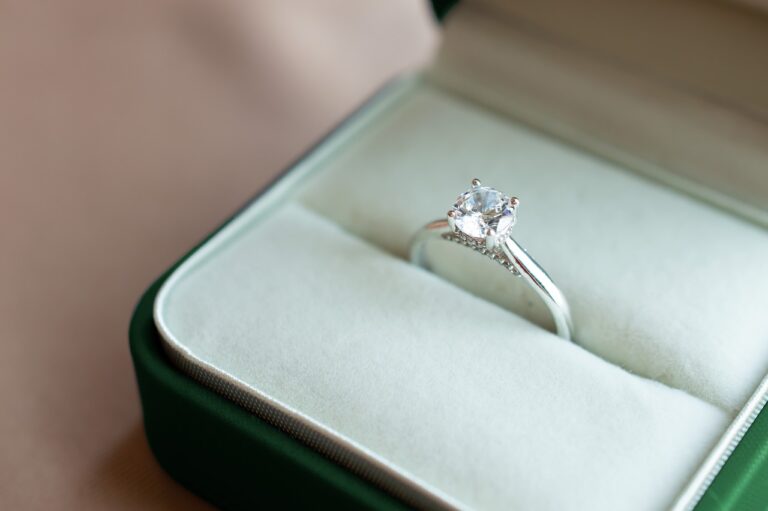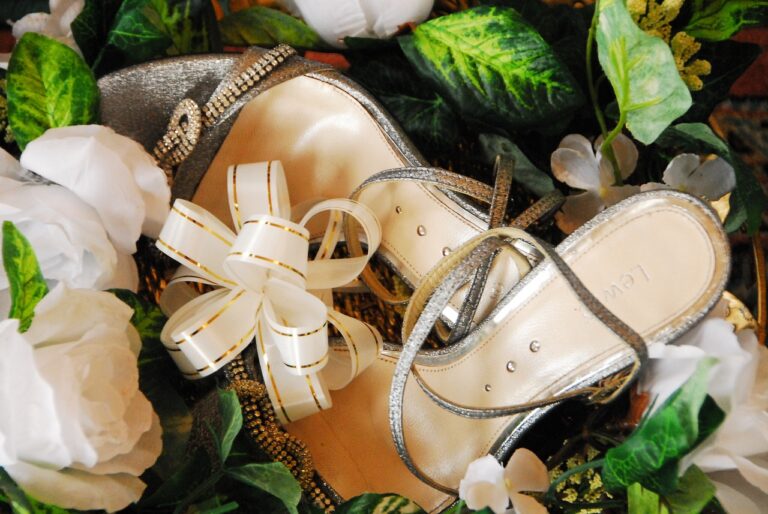Fashion and Mental Health Advocacy: Raising Awareness About Mental Health Through Fashion
Mental health issues have long been a taboo topic in the fashion industry, often shrouded in silence and shame. Individuals working in this fast-paced, high-pressure environment are frequently expected to portray an image of perfection and invincibility, leaving little room for vulnerability or struggles with mental well-being.
The prevailing attitude of “suffer in silence” within the fashion realm further perpetuates the stigma surrounding mental health. Seeking help or even acknowledging mental health challenges is often seen as a sign of weakness or incompetence, leading many individuals to conceal their struggles and suffer alone. This culture of secrecy not only hinders personal growth and healing but also perpetuates a harmful cycle of unrealistic expectations and untreated mental health issues within the industry.
The Impact of Fashion on Body Image and Self-Esteem
Fashion has a profound influence on how individuals perceive their bodies and overall self-esteem. The constant bombardment of idealized body types and beauty standards in the fashion industry can lead to feelings of inadequacy and dissatisfaction among consumers. Comparing oneself to unrealistic portrayals of beauty often results in negative self-perception and diminished self-worth.
Moreover, the pervasive culture of comparison fueled by social media further exacerbates feelings of insecurity regarding body image and self-esteem. The pressure to conform to societal norms and achieve an unattainable level of perfection portrayed by influencers and celebrities can have detrimental effects on individuals’ mental well-being. As a result, many people struggle with body dissatisfaction and low self-esteem as they strive to match the unrealistic standards perpetuated by the fashion industry.
The constant bombardment of idealized body types in the fashion industry can lead to feelings of inadequacy
Comparing oneself to unrealistic portrayals of beauty often results in negative self-perception and diminished self-worth
The culture of comparison fueled by social media exacerbates feelings of insecurity regarding body image and self-esteem
Pressure to conform to societal norms portrayed by influencers and celebrities can have detrimental effects on mental well-being
Promoting Self-Care and Self-Expression Through Fashion
Fashion has the power to go beyond mere clothing and become a form of self-care and self-expression. When individuals choose outfits that make them feel confident and comfortable, it can significantly boost their mental well-being. The act of getting dressed in the morning can become a ritual of self-love and care, setting a positive tone for the day ahead. Additionally, expressing oneself through clothing can be a powerful tool for showcasing individuality and personality, fostering a sense of empowerment and confidence.
Furthermore, using fashion as a means of self-expression allows individuals to convey their emotions, moods, and beliefs without uttering a single word. Through the careful selection of colors, styles, and accessories, one can communicate their personality and inner world to the external environment. This creative outlet not only helps individuals feel more in tune with themselves but also serves as a form of artistic expression that can be deeply fulfilling and enriching.
How does the stigma surrounding mental health affect the fashion industry?
The stigma surrounding mental health in the fashion industry can often lead to individuals feeling pressured to maintain a certain image or appearance, which can have negative effects on their mental well-being.
How does fashion impact body image and self-esteem?
Fashion can play a significant role in shaping individuals’ perceptions of beauty and body image. This can lead to a decrease in self-esteem for those who do not fit the traditional standards of beauty portrayed in the industry.
How can fashion be used as a tool for self-care and self-expression?
Fashion can be a powerful tool for self-care and self-expression by allowing individuals to creatively express their personal style and identity. Engaging in activities such as shopping, styling outfits, and experimenting with different looks can help boost self-confidence and promote self-care practices.

